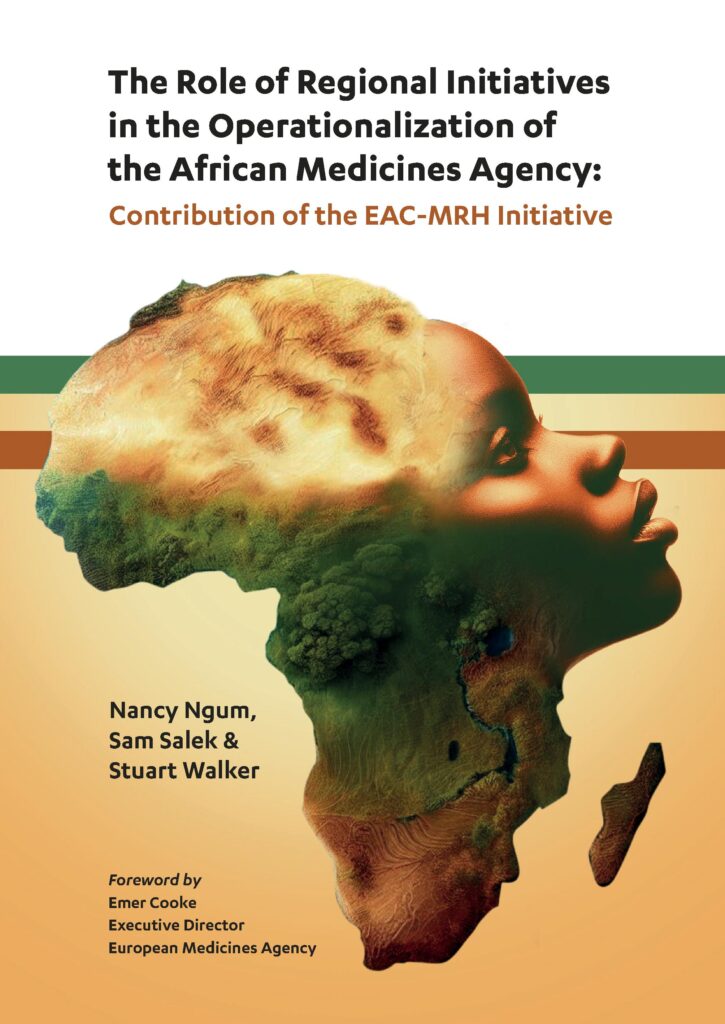“This book teaches us important lessons that we will need to consider in our collaboration work with the African Medicines Agency. I am confident that this research will be extremely beneficial not only to regional medicines regulators, but also to the pharmaceutical industry working within the continent and to other regulatory authorities in emerging economies”.
Emer Cooke, Executive Director of the European Medicines Agency (EMA)
National regulatory authorities (NRAs) are responsible for the regulation of medicines and for ensuring patients’ access to the safe, good quality and effective medicines. The need for both effective and efficient regulatory systems has been identified and the importance of strengthening regulatory processes and the regulatory performance of NRAs is fully appreciated by all stakeholders. The drive for the operationalisation of an African Medicines Agency is dependent not only on national regulatory authorities, but also on the expertise of the regional initiatives in the African continent.
Against this background, there was an opportunity to evaluate the regulatory review models and the regulatory performance of the seven agencies in the East African Region as well as the East African Community Medicines Regulation Harmonisation (EAC-MRH) initiative. Research into the challenges faced by the EAC-MRH initiative by both the agencies and the pharmaceutical industry and the possibilities for an improved regulatory review process was conducted through a series of studies. The results from this research have for the first time provided a baseline against which the performance of EAC-MRH initiative may be measured as well as the agencies that provide a work-sharing regional opportunity.
The outcomes from these studies have yielded a number of key recommendations within several major areas including the measuring and monitoring of the regulatory review processes in the region, the risk-based evaluation of medicines, reliance and the models of review, Good Review Practices as well as quality decision-making practices and the successes and challenges faced by these agencies in the low to middle income countries in Africa.
Such was the importance of this work that the authors were encouraged to produce this research in a format that would be accessible to a wider audience. This book presents a seminal piece of work, together with key recommendations that may contribute towards improved transparency, predictability and reliability in regulatory decision making as well as tangible outcomes to expedite patients’ access to medicines in the EAC region.
It is hoped that this research will inform areas of improvement that may be prioritised to underpin the success of the African Medicines Agency as it moves towards its operational goal.
Ngum N, Salek S, Walker S. The Role of Regional Initiatives in the Operationalization of the African Medicines Agency: Contribution of the EAC-MRH Initiative. 2024.

